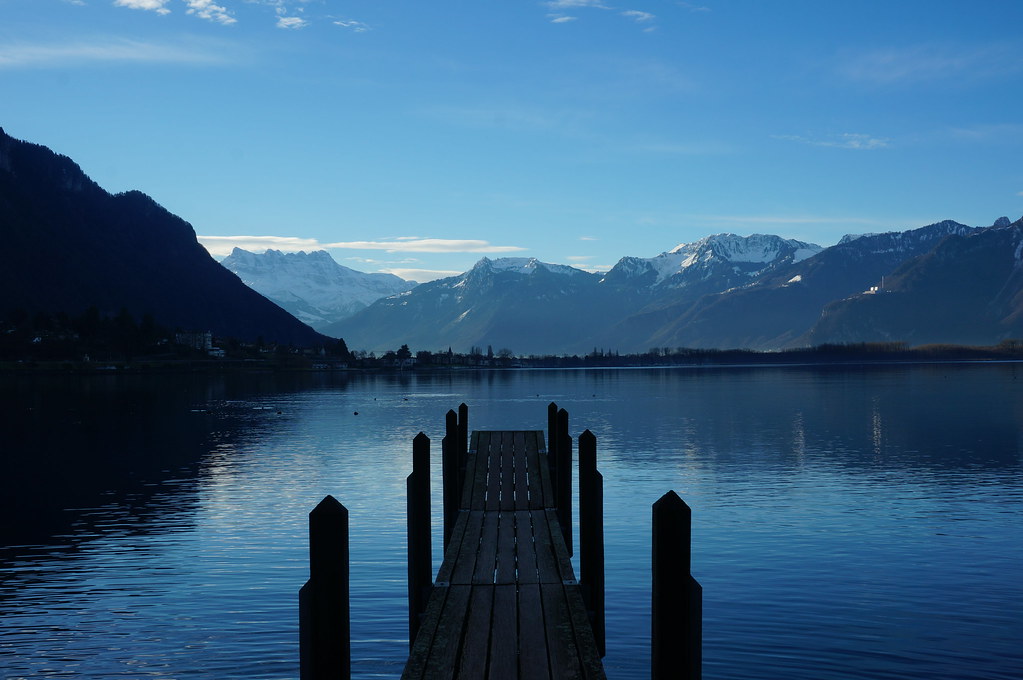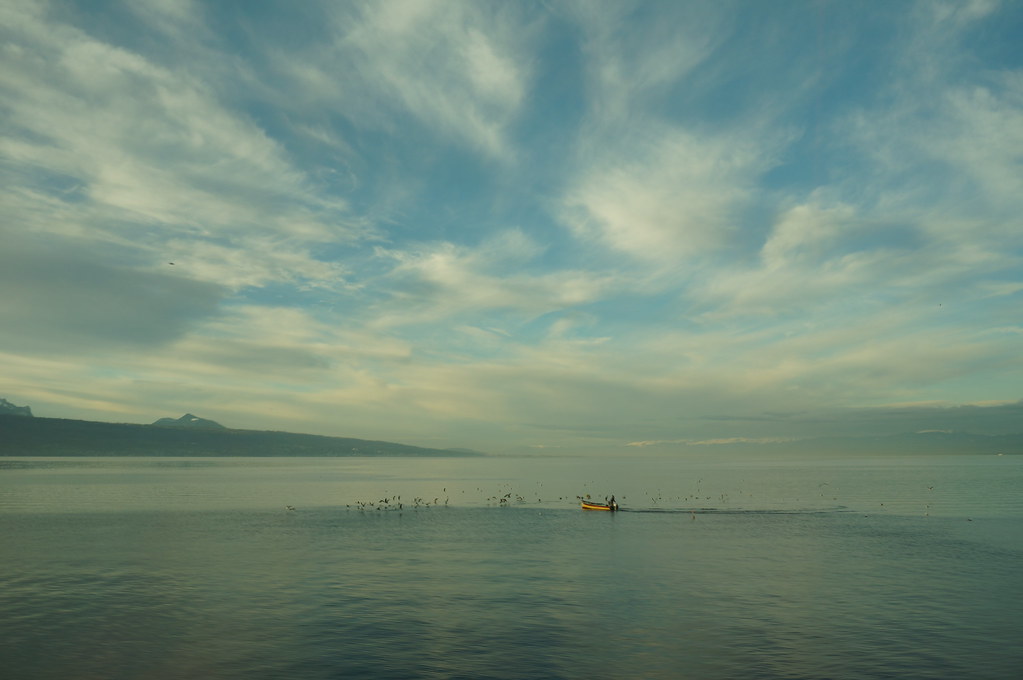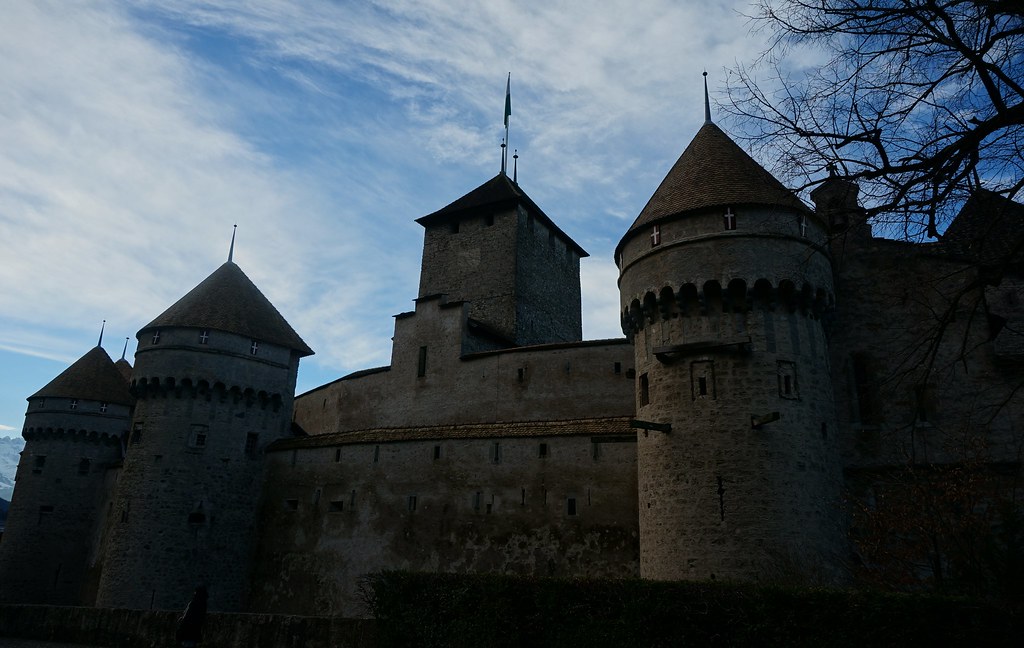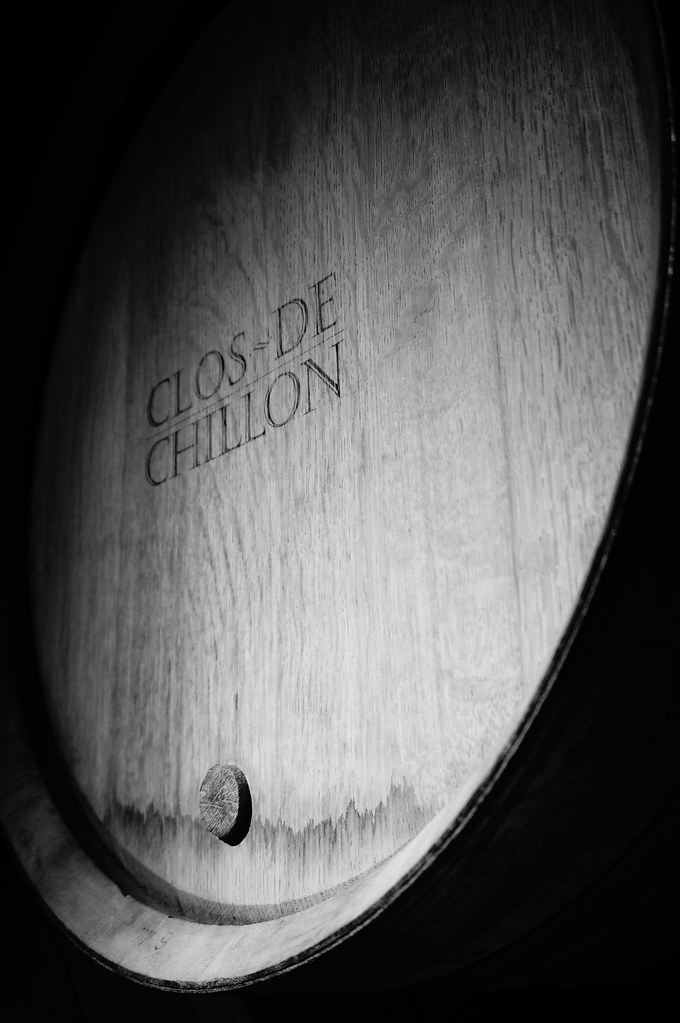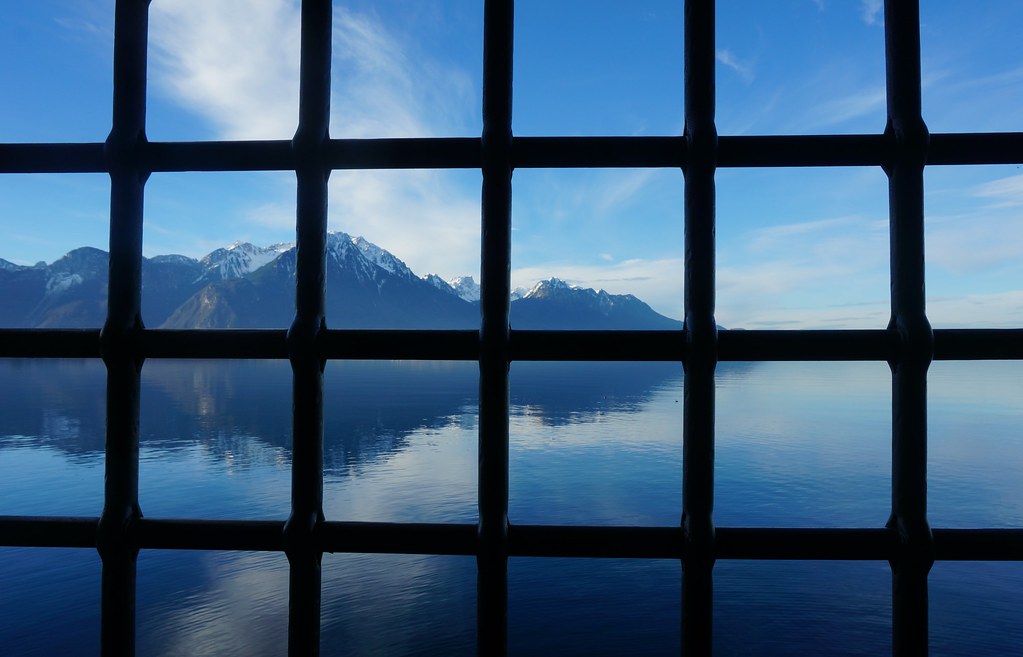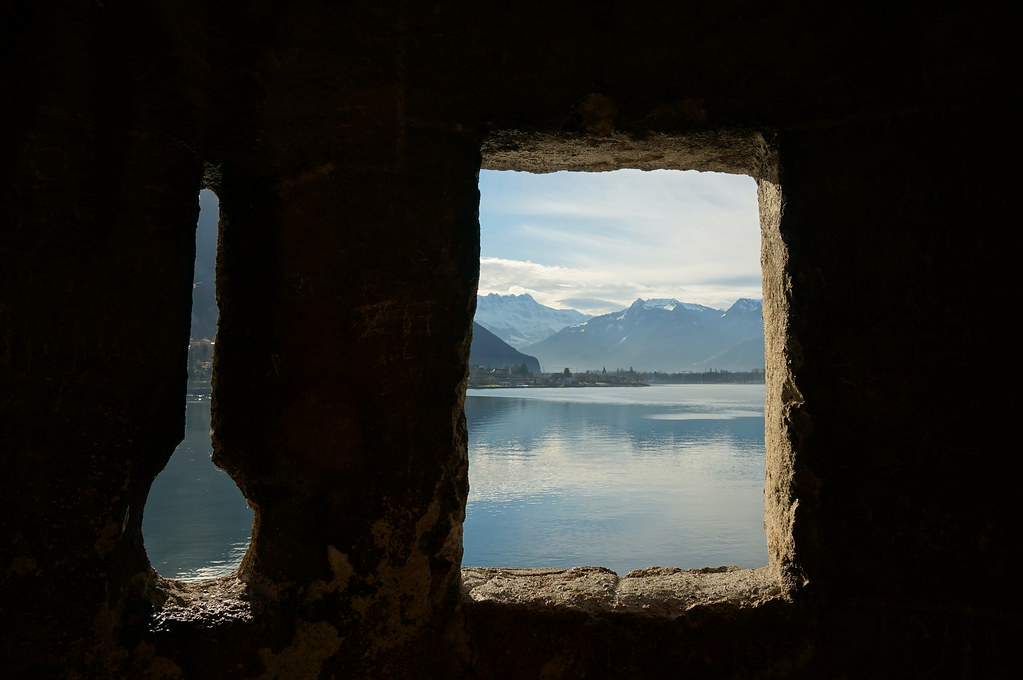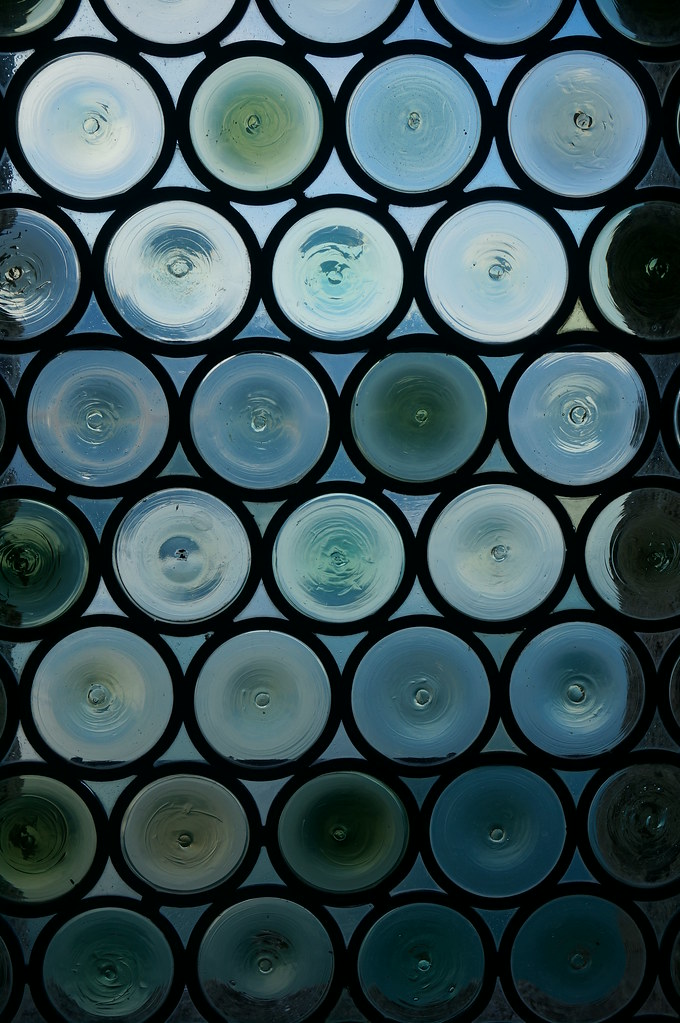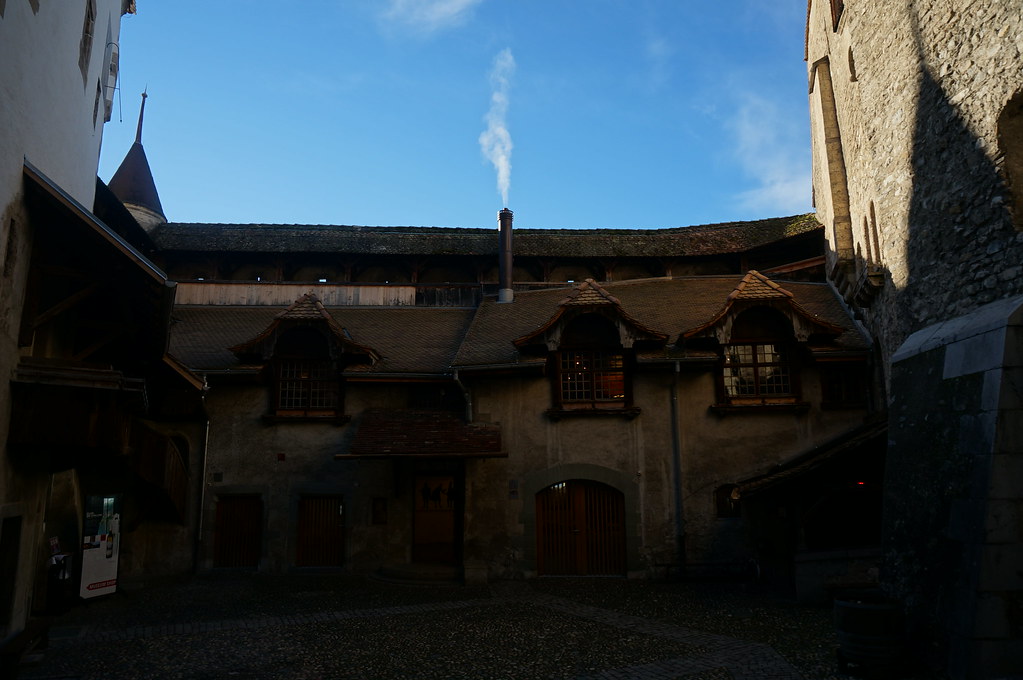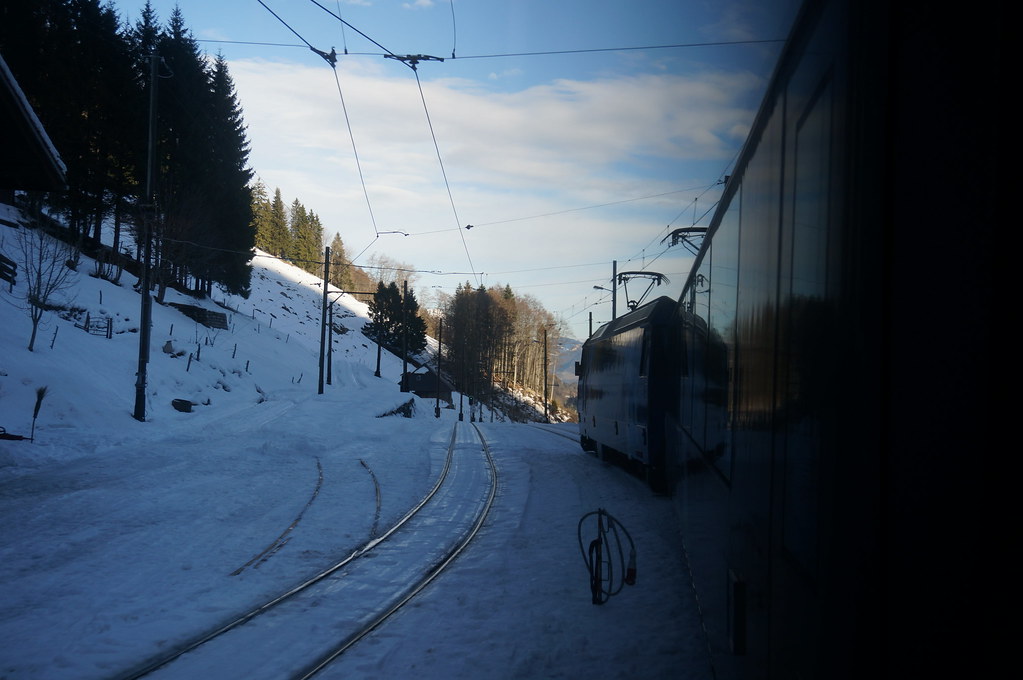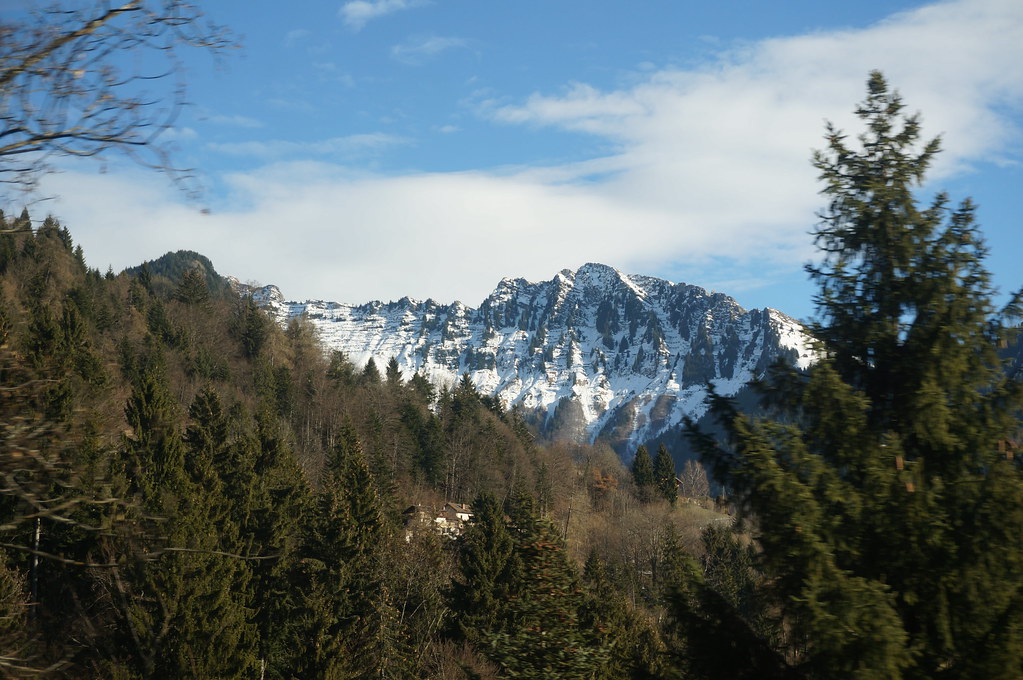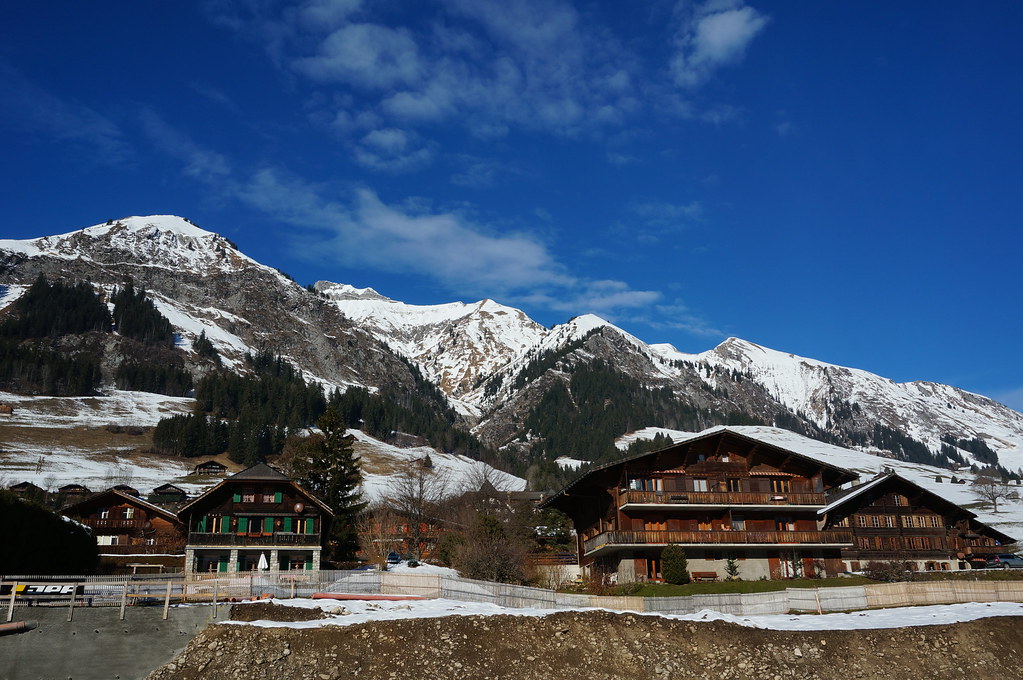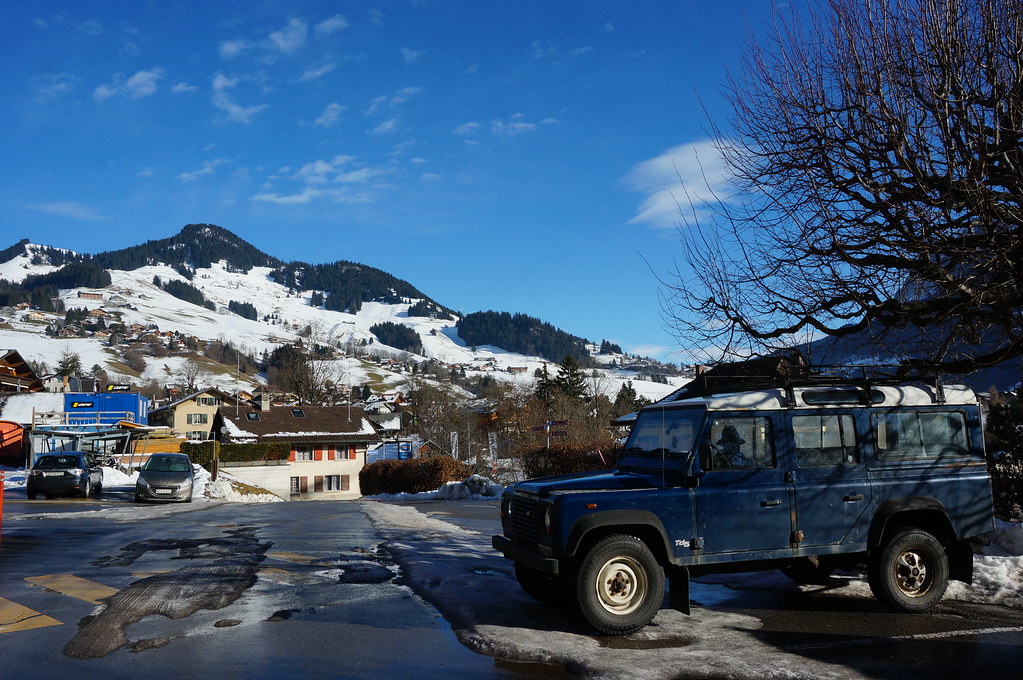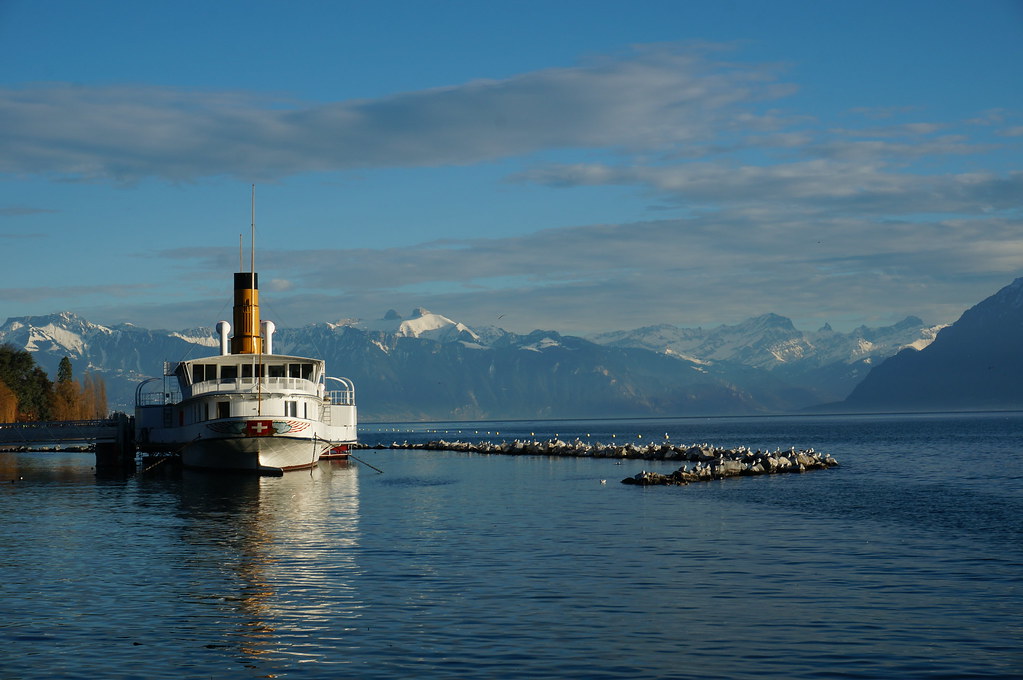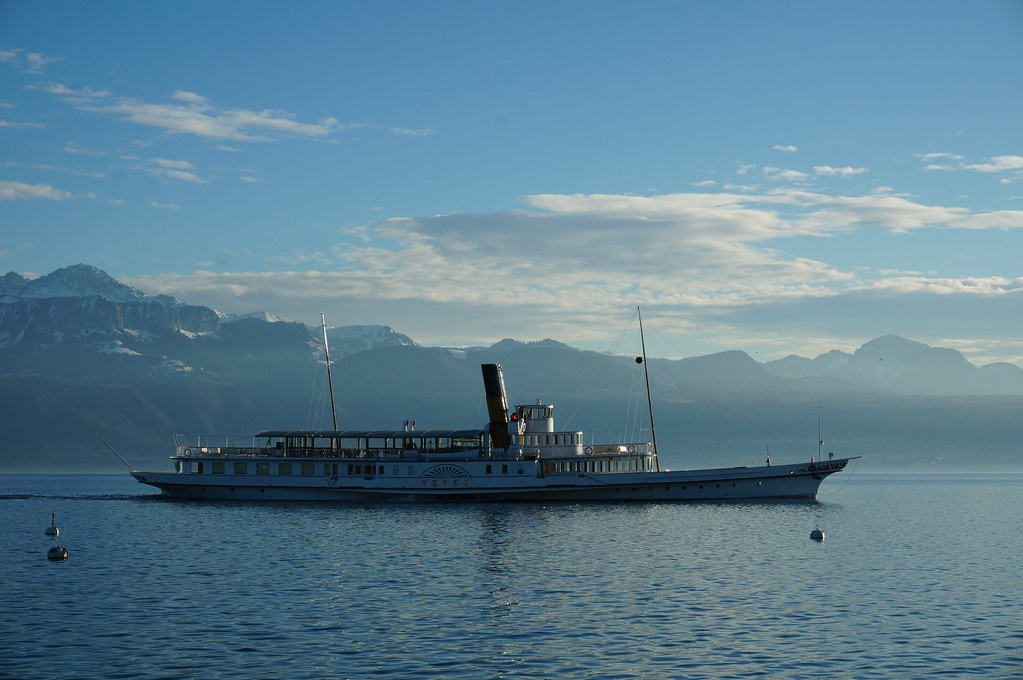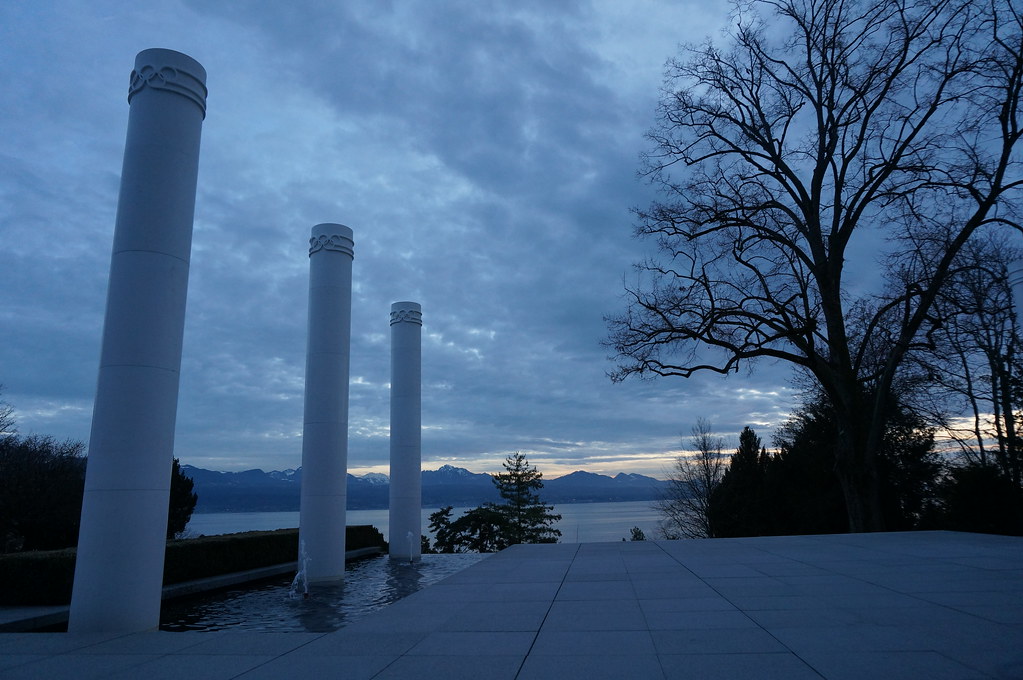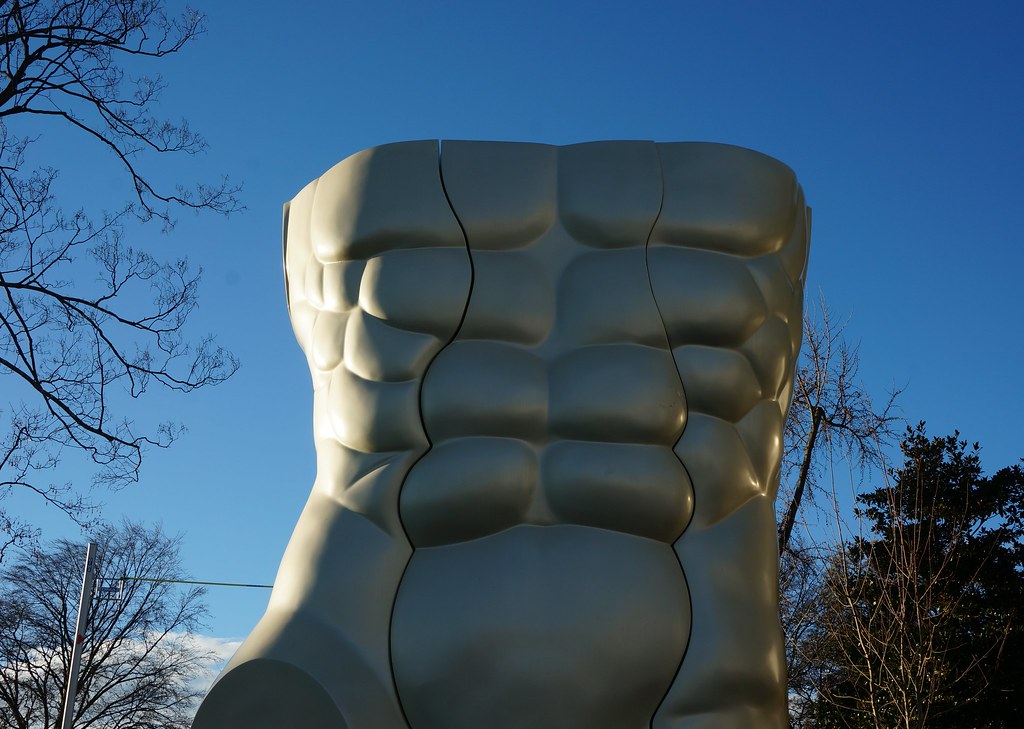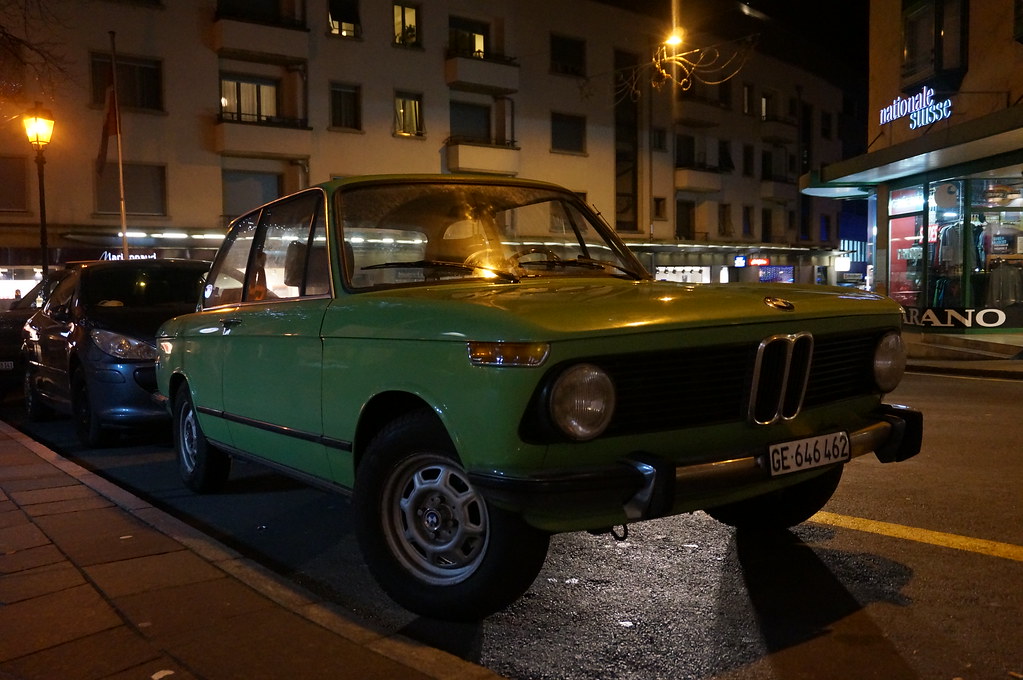| My hair is gray, but not with years, | |
| Nor grew it white | |
| In a single night, | |
| As men’s have grown from sudden fears; | |
| My limbs are bow’d, though not with toil, | 5 |
| But rusted with a vile repose, | |
| For they have been a dungeon’s spoil, | |
| And mine has been the fate of those | |
| To whom the goodly earth and air | |
| Are bann’d, and barr’d—forbidden fare; | 10 |
| But this was for my father’s faith | |
| I suffer’d chains and courted death; | |
| That father perish’d at the stake | |
| For tenets he would not forsake; | |
| And for the same his lineal race | 15 |
| In darkness found a dwelling-place. | |
| We were seven—who now are one, | |
| Six in youth, and one in age, | |
| Finish’d as they had begun, | |
| Proud of Persecution’s rage; | 20 |
| One in fire, and two in field | |
| Their belief with blood have seal’d, | |
| Dying as their father died, | |
| For the God their foes denied; | |
| Three were in a dungeon cast, | 25 |
| Of whom this wreck is left the last. | |
| |
| There are seven pillars of Gothic mould, | |
| In Chillon’s dungeons deep and old, | |
| There are seven columns, massy and gray, | |
| Dim with a dull imprison’d ray, | 30 |
| A sunbeam which hath lost its way, | |
| And through the crevice and the cleft | |
| Of the thick wall is fallen and left; | |
| Creeping o’er the floor so damp, | |
| Like a marsh’s meteor lamp. | 35 |
| And in each pillar there is a ring, | |
| And in each ring there is a chain; | |
| That iron is a cankering thing, | |
| For in these limbs its teeth remain, | |
| With marks that will not wear away, | 40 |
| Till I have done with this new day, | |
| Which now is painful to these eyes, | |
| Which have not seen the sun so rise | |
| For years—I cannot count them o’er, | |
| I lost their long and heavy score, | 45 |
| When my last brother droop’d and died, | |
| And I lay living by his side. | |
| |
| They chain’d us each to a column stone, | |
| And we were three—yet, each alone; | |
| We could not move a single pace, | 50 |
| We could not see each other’s face, | |
| But with that pale and livid light | |
| That made us strangers in our sight: | |
| And thus together—yet apart, | |
| Fetter’d in hand, but join’d in heart, | 55 |
| ’Twas still some solace, in the dearth | |
| Of the pure elements of earth, | |
| To hearken to each other’s speech, | |
| And each turn comforter to each | |
| With some new hope, or legend old, | 60 |
| Or song heroically bold; | |
| But even these at length grew cold, | |
| Our voices took a dreary tone, | |
| An echo of the dungeon stone, | |
| A grating sound, not full and free, | 65 |
| As they of yore were wont to be; | |
| It might be fancy, but to me | |
| They never sounded like our own. | |
| |
| I was the eldest of the three, | |
| And to uphold and cheer the rest | 70 |
| I ought to do—and did my best; | |
| And each did well in his degree. | |
| The youngest, whom my father loved, | |
| Because our mother’s brow was given | |
| To him, with eyes as blue as heaven— | 75 |
| For him my soul was sorely moved; | |
| And truly might it be distress’d | |
| To see such bird in such a nest; | |
| For he was beautiful as day | |
| (When day was beautiful to me | 80 |
| As to young eagles, being free)— | |
| A polar day, which will not see | |
| A sunset till its summer’s gone, | |
| Its sleepless summer of long light, | |
| The snow-clad offspring of the sun: | 85 |
| And thus he was as pure and bright, | |
| And in his natural spirit gay, | |
| With tears for nought but others’ ills; | |
| And then they flow’d like mountain rills, | |
| Unless he could assuage the woe | 90 |
| Which he abhorr’d to view below. | |
| |
| The other was as pure of mind, | |
| But form’d to combat with his kind; | |
| Strong in his frame, and of a mood | |
| Which ’gainst the world in war had stood, | 95 |
| And perish’d in the foremost rank | |
| With joy:—but not in chains to pine: | |
| His spirit wither’d with their clank, | |
| I saw it silently decline— | |
| And so perchance in sooth did mine: | 100 |
| But yet I forced it on to cheer | |
| Those relics of a home so dear. | |
| He was a hunter of the hills, | |
| Had follow’d there the deer and wolf; | |
| To him this dungeon was a gulf, | 105 |
| And fetter’d feet the worst of ills. | |
| |
| Lake Leman lies by Chillon’s walls: | |
| A thousand feet in depth below | |
| Its massy waters meet and flow; | |
| Thus much the fathom-line was sent | 110 |
| From Chillon’s snow-white battlement | |
| Which round about the wave inthrals: | |
| A double dungeon wall and wave | |
| Have made—and like a living grave. | |
| Below the surface of the lake | 115 |
| The dark vault lies wherein we lay, | |
| We heard it ripple night and day; | |
| Sounding o’er our heads it knock’d; | |
| And I have felt the winter’s spray | |
| Wash through the bars when winds were high | 120 |
| And wanton in the happy sky; | |
| And then the very rock hath rock’d, | |
| And I have felt it shake, unshock’d | |
| Because I could have smiled to see | |
| The death that would have set me free. | 125 |
| |
| I said my nearer brother pined, | |
| I said his mighty heart declined, | |
| He loathed and put away his food; | |
| It was not that ’twas coarse and rude, | |
| For we were used to hunter’s fare, | 130 |
| And for the like had little care. | |
| The milk drawn from the mountain goat | |
| Was changed for water from the moat, | |
| Our bread was such as captives’ tears | |
| Have moistened many a thousand years, | 135 |
| Since man first pent his fellow men | |
| Like brutes within an iron den; | |
| But what were these to us or him? | |
| These wasted not his heart or limb; | |
| My brother’s soul was of that mould | 140 |
| Which in a palace had grown cold, | |
| Had his free breathing been denied | |
| The range of the steep mountain’s side. | |
| But why delay the truth?—he died. | |
| I saw, and could not hold his head, | 145 |
| Nor reach his dying hand—nor dead,— | |
| Though hard I strove, but strove in vain | |
| To rend and gnash my bonds in twain. | |
| He died,—and they unlock’d his chain, | |
| And scoop’d for him a shallow grave | 150 |
| Even from the cold earth of our cave. | |
| I begg’d them, as a boon, to lay | |
| His corse in dust whereon the day | |
| Might shine—it was a foolish thought, | |
| But then within my brain it wrought, | 155 |
| That even in death his freeborn breast | |
| In such a dungeon could not rest. | |
| I might have spared my idle prayer; | |
| They coldly laugh’d—and laid him there: | |
| The flat and turfless earth above | 160 |
| The being we so much did love; | |
| His empty chain above it leant, | |
| Such murder’s fitting monument! | |
| |
| But he, the favourite and the flower, | |
| Most cherish’d since his natal hour, | 165 |
| His mother’s image in fair face, | |
| The infant love of all his race, | |
| His martyr’d father’s dearest thought, | |
| My latest care for whom I sought | |
| To hoard my life, that his might be | 170 |
| Less wretched now, and one day free; | |
| He, too, who yet had held untired | |
| A spirit natural or inspired— | |
| He, too, was struck, and day by day | |
| Was wither’d on the stalk away. | 175 |
| Oh, God! it is a fearful thing | |
| To see the human soul take wing | |
| In any shape, in any mood:— | |
| I’ve seen it rushing forth in blood, | |
| I’ve seen it on the breaking ocean | 180 |
| Strive with a swoln convulsive motion, | |
| I’ve seen the sick and ghastly bed | |
| Of Sin delirious with its dread: | |
| But these were horrors—this was woe | |
| Unmix’d with such—but sure and slow. | 185 |
| He faded, and so calm and meek, | |
| So softly worn, so sweetly weak, | |
| So tearless, yet so tender—kind, | |
| And grieved for those he left behind; | |
| With all the while a cheek whose bloom | 190 |
| Was as a mockery of the tomb, | |
| Whose tints as gently sunk away | |
| As a departing rainbow’s ray; | |
| An eye of most transparent light, | |
| That almost made the dungeon bright; | 195 |
| And not a word of murmur, not | |
| A groan o’er his untimely lot,— | |
| A little talk of better days, | |
| A little hope my own to raise, | |
| For I was sunk in silence—lost | 200 |
| In this last loss, of all the most; | |
| And then the sighs he would suppress | |
| Of fainting nature’s feebleness, | |
| More slowly drawn, grew less and less. | |
| I listen’d, but I could not hear— | 205 |
| I call’d, for I was wild with fear; | |
| I knew ’t was hopeless, but my dread | |
| Would not be thus admonishèd. | |
| I call’d, and thought I heard a sound— | |
| I burst my chain with one strong bound, | 210 |
| And rush’d to him:—I found him not, | |
| I only stirr’d in this black spot, | |
| I only lived, I only drew | |
| The accursèd breath of dungeon-dew; | |
| The last—the sole—the dearest link | 215 |
| Between me and the eternal brink, | |
| Which bound me to my failing race, | |
| Was broken in this fatal place. | |
| One on the earth, and one beneath— | |
| My brothers—both had ceased to breathe: | 220 |
| I took that hand which lay so still, | |
| Alas! my own was full as chill; | |
| I had not strength to stir, or strive, | |
| But felt that I was still alive— | |
| A frantic feeling, when we know | 225 |
| That what we love shall ne’er be so. | |
| I know not why | |
| I could not die, | |
| I had no earthly hope—but faith, | |
| And that forbade a selfish death. | 230 |
| |
| What next befell me then and there | |
| I know not well—I never knew; | |
| First came the loss of light, and air, | |
| And then of darkness too: | |
| I had no thought, no feeling—none— | 235 |
| Among the stones, I stood a stone, | |
| And was, scarce conscious what I wist, | |
| As shrubless crags within the mist; | |
| For all was blank, and bleak, and gray; | |
| It was not night—it was not day; | 240 |
| It was not even the dungeon-light, | |
| So hateful to my heavy sight, | |
| But vacancy absorbing space, | |
| And fixedness—without a place; | |
| There were no stars, no earth, no time, | 245 |
| No check, no change, no good, no crime, | |
| But silence, and a stirless breath | |
| Which neither was of life nor death; | |
| A sea of stagnant idleness, | |
| Blind, boundless, mute, and motionless! | 250 |
| |
| A light broke in upon my brain,— | |
| It was the carol of a bird; | |
| It ceased, and then it came again, | |
| The sweetest song ear ever heard, | |
| And mine was thankful till my eyes | 255 |
| Ran over with the glad surprise, | |
| And they that moment could not see | |
| I was the mate of misery. | |
| But then by dull degrees came back | |
| My senses to their wonted track; | 260 |
| I saw the dungeon walls and floor | |
| Close slowly round me as before, | |
| I saw the glimmer of the sun | |
| Creeping as it before had done, | |
| But through the crevice where it came | 265 |
| That bird was perched, as fond and tame, | |
| And tamer than upon the tree; | |
| A lovely bird, with azure wings, | |
| And song that said a thousand things, | |
| And seemed to say them all for me! | 270 |
| I never saw its like before, | |
| I ne’er shall see its likeness more; | |
| It seemed like me to want a mate, | |
| But was not half so desolate, | |
| And it was come to love me when | 275 |
| None lived to love me so again, | |
| And cheering from my dungeon’s brink, | |
| Had brought me back to feel and think. | |
| |
| I know not if it late were free, | |
| Or broke its cage to perch on mine, | 280 |
| But knowing well captivity, | |
| Sweet bird! I could not wish for thine! | |
| Or if it were, in wingèd guise, | |
| A visitant from Paradise; | |
| For—Heaven forgive that thought! the while | 285 |
| Which made me both to weep and smile— | |
| I sometimes deem’d that it might be | |
| My brother’s soul come down to me; | |
| But then at last away it flew, | |
| And then ’twas mortal well I knew, | 290 |
| For he would never thus have flown, | |
| And left me twice so doubly lone, | |
| Lone—as the corse within its shroud, | |
| Lone—as a solitary cloud, | |
| A single cloud on a sunny day, | 295 |
| While all the rest of heaven is clear, | |
| A frown upon the atmosphere | |
| That hath no business to appear | |
| When skies are blue and earth is gay. | |
| |
| A kind of change came in my fate, | 300 |
| My keepers grew compassionate; | |
| I know not what had made them so, | |
| They were inured to sights of woe, | |
| But so it was:—my broken chain | |
| With links unfasten’d did remain, | 305 |
| And it was liberty to stride | |
| Along my cell from side to side, | |
| And up and down, and then athwart, | |
| And tread it over every part; | |
| And round the pillars one by one, | 310 |
| Returning where my walk begun, | |
| Avoiding only, as I trod, | |
| My brothers’ graves without a sod; | |
| For if I thought with heedless tread | |
| My steps profaned their lowly bed, | 315 |
| My breath came gaspingly and thick, | |
| And my crush’d heart fell blind and sick. | |
| |
| I made a footing in the wall, | |
| It was not therefrom to escape, | |
| For I had buried one and all | 320 |
| Who loved me in a human shape; | |
| And the whole earth would henceforth be | |
| A wider prison unto me: | |
| No child, no sire, no kin had I, | |
| No partner in my misery; | 325 |
| I thought of this, and I was glad, | |
| For thought of them had made me mad; | |
| But I was curious to ascend | |
| To my barr’d windows, and to bend | |
| Once more, upon the mountains high, | 330 |
| The quiet of a loving eye. | |
| I saw them—and they were the same. | |
| They were not changed like me in frame; | |
| I saw their thousand years of snow | |
| On high—their wide long lake below, | 335 |
| And the blue Rhone in fullest flow; | |
| I heard the torrents leap and gush | |
| O’er channell’d rock and broken bush; | |
| I saw the white-wall’d distant town, | |
| And whiter sails go skimming down; | 340 |
| And then there was a little isle, | |
| Which in my very face did smile, | |
| The only one in view; | |
| A small green isle, it seem’d no more, | |
| Scarce broader than my dungeon floor, | 345 |
| But in it there were three tall trees, | |
| And o’er it blew the mountain breeze, | |
| And by it there were waters flowing, | |
| And on it there were young flowers growing | |
| Of gentle breath and hue. | 350 |
| The fish swam by the castle wall, | |
| And they seem’d joyous each and all; | |
| The eagle rode the rising blast, | |
| Methought he never flew so fast | |
| As then to me he seem’d to fly; | 355 |
| And then new tears came in my eye, | |
| And I felt troubled and would fain | |
| I had not left my recent chain. | |
| And when I did descend again, | |
| The darkness of my dim abode | 360 |
| Fell on me as a heavy load; | |
| It was as is a new-dug grave, | |
| Closing o’er one we sought to save; | |
| And yet my glance, too much opprest, | |
| Had almost need of such a rest. | 365 |
| |
| It might be months, or years, or days— | |
| I kept no count, I took no note, | |
| I had no hope my eyes to raise, | |
| And clear them of their dreary mote. | |
| At last men came to set me free; | 370 |
| I ask’d not why, and reck’d not where, | |
| It was at length the same to me, | |
| Fetter’d or fetterless to be, | |
| I learn’d to love despair. | |
| And thus when they appear’d at last, | 375 |
| And all my bonds aside were cast, | |
| These heavy walls to me had grown | |
| A hermitage—and all my own! | |
| And half I felt as they were come | |
| To tear me from a second home: | 380 |
| With spiders I had friendship made, | |
| And watch’d them in their sullen trade, | |
| Had seen the mice by moonlight play, | |
| And why should I feel less than they? | |
| We were all inmates of one place, | 385 |
| And I, the monarch of each race, | |
| Had power to kill—yet, strange to tell! | |
| In quiet we had learn’d to dwell— | |
| My very chains and I grew friends, | |
| So much a long communion tends | 390 |
| To make us what we are:—even I | |
| Regain’d my freedom with a sigh. |





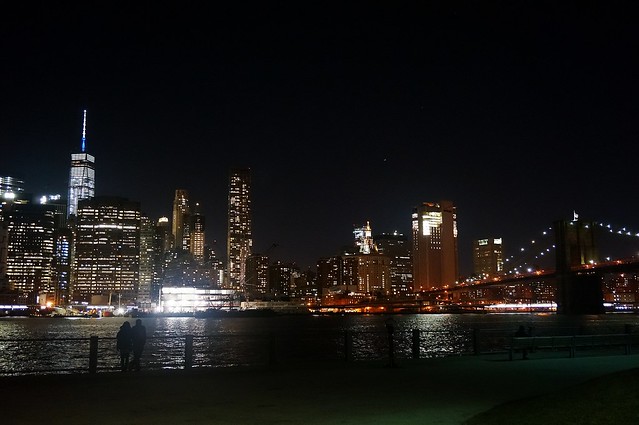
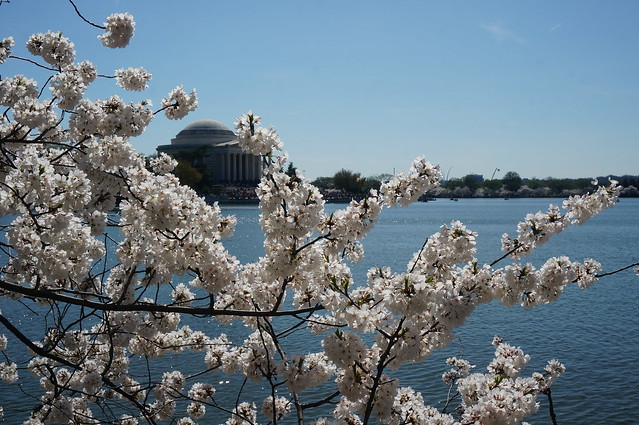


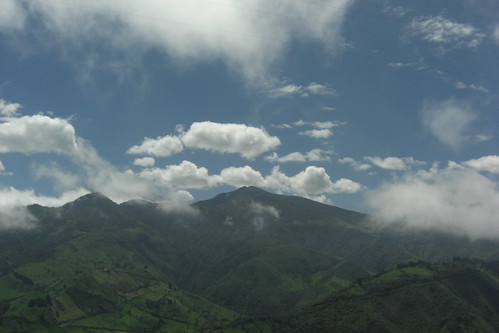


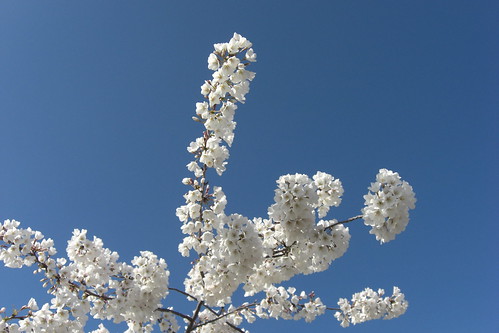


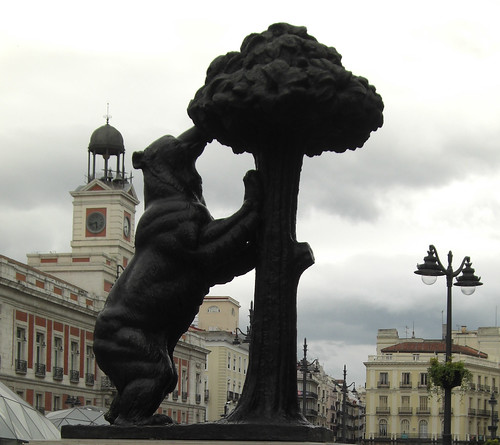

 10:30 PM
10:30 PM
 J-Mad
J-Mad

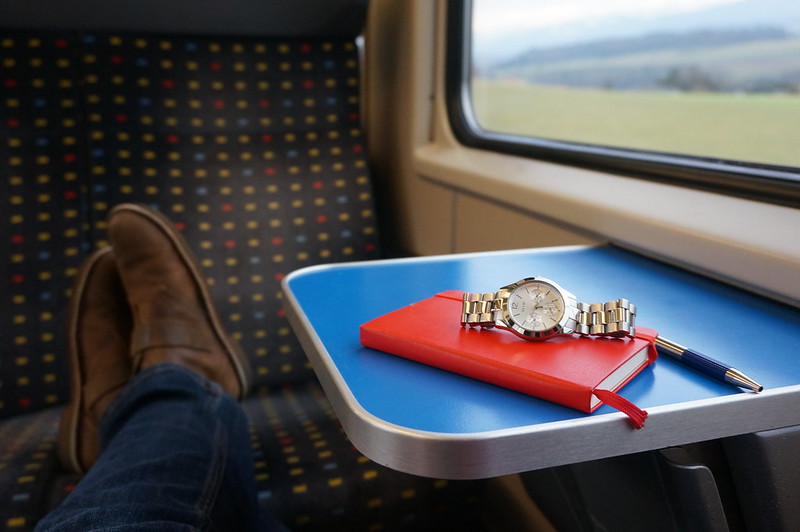
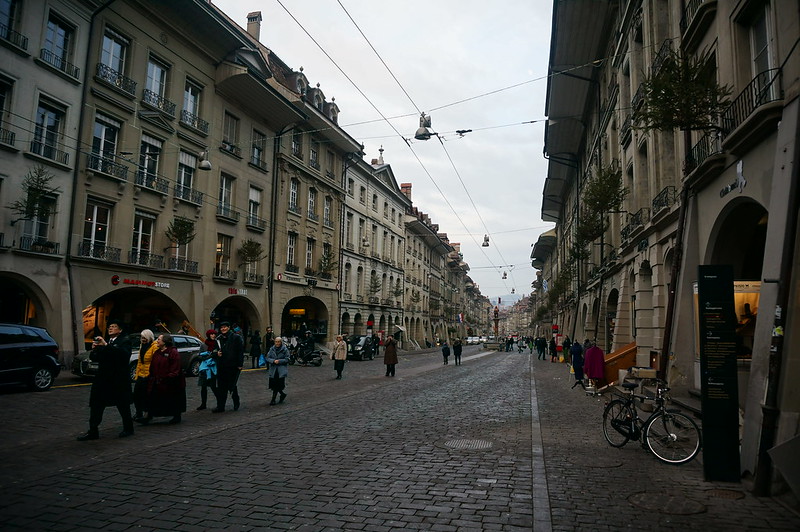
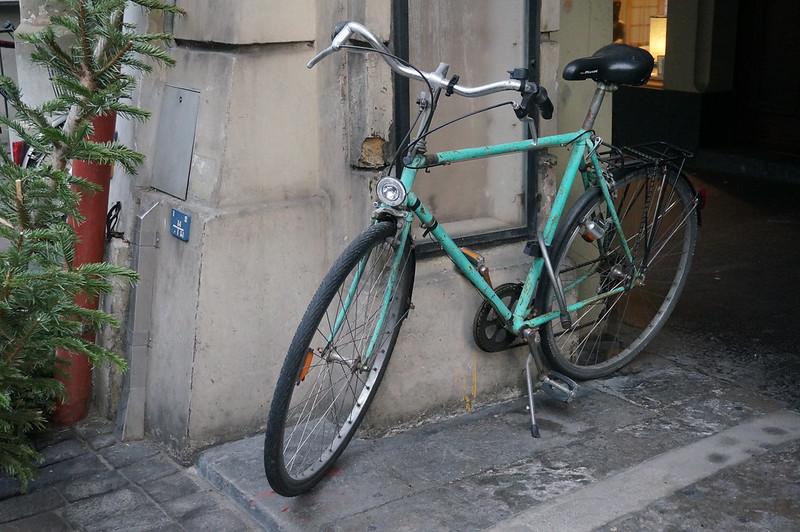
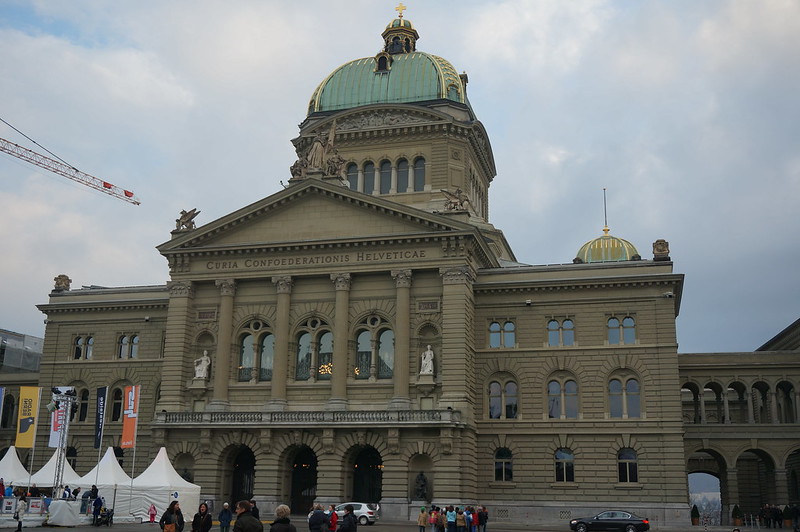
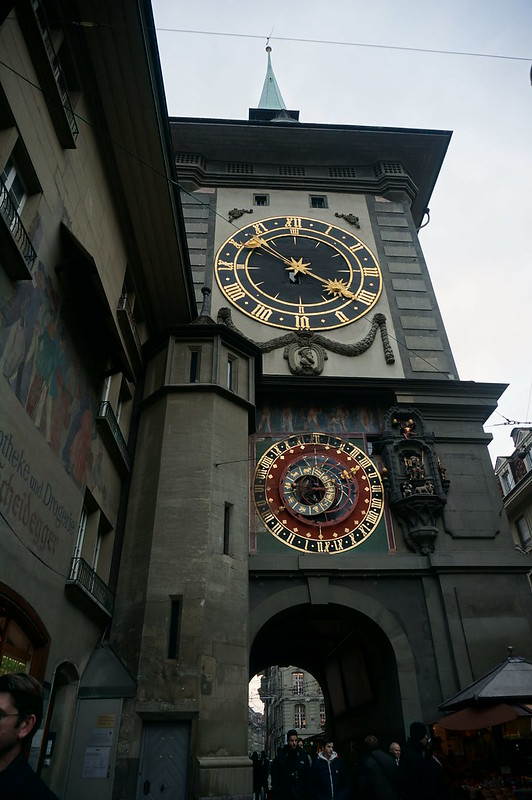
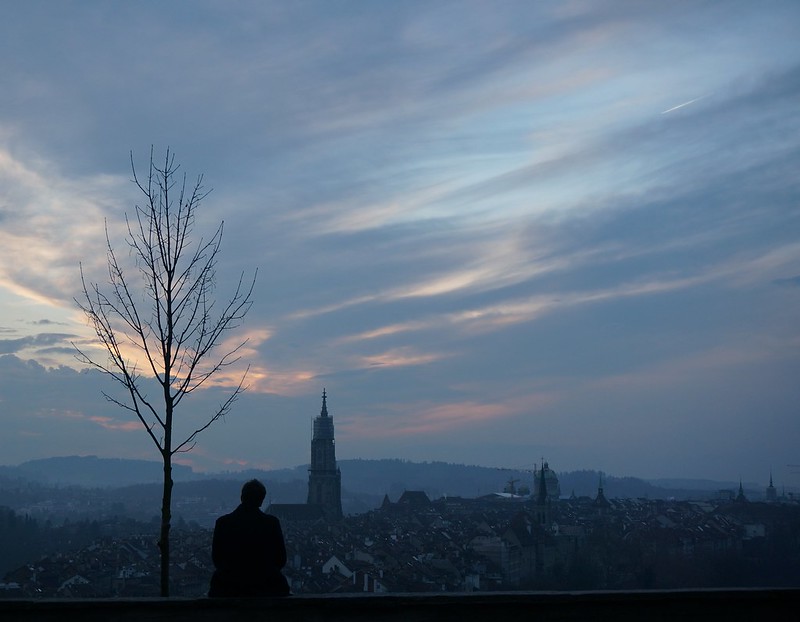
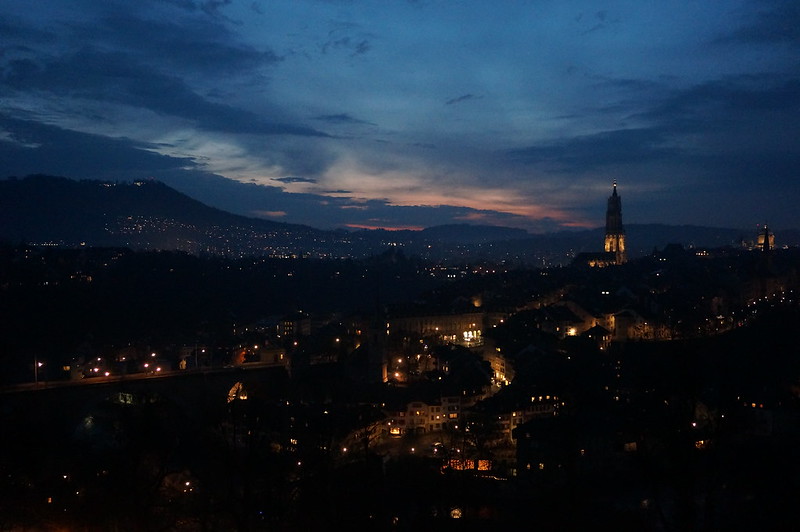

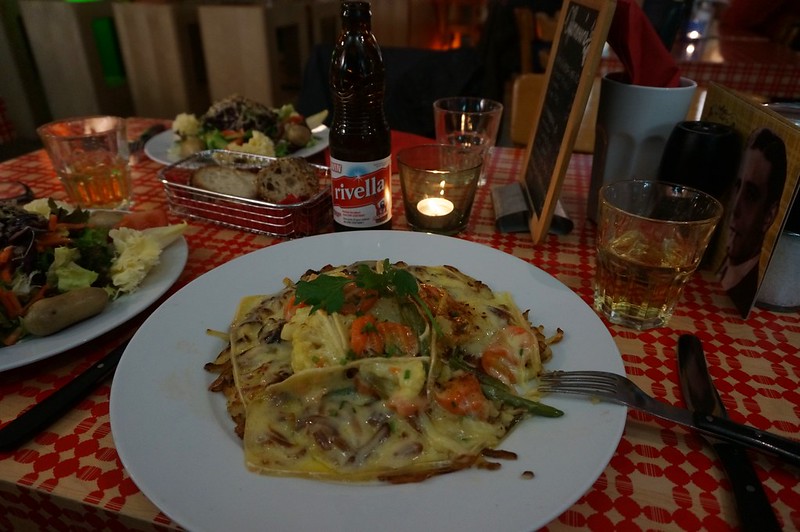
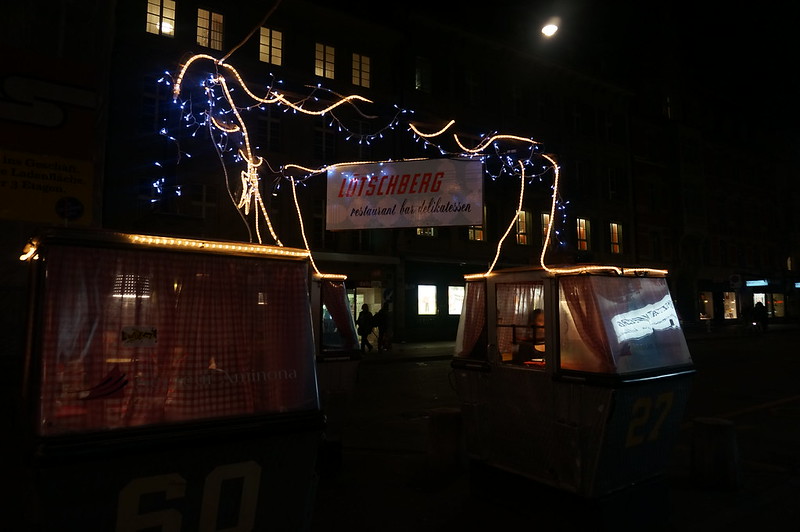

 Posted in:
Posted in: 